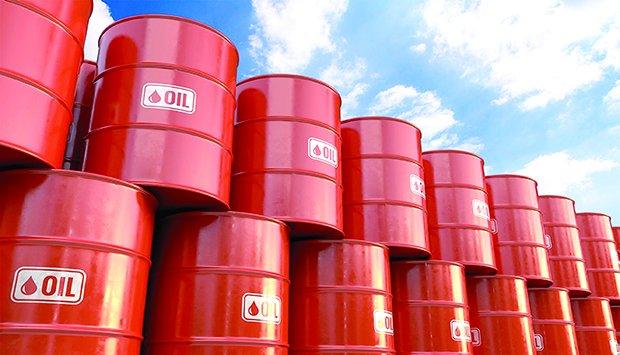Africa-Press – Angola. The rise in oil prices to their highest level in nearly a decade shows no signs of slowing down as supplies from Russia were disrupted by sanctions following the invasion of Ukraine, says a survey published yesterday by Reuters.
The study, which involved 35 economists and analysts, predicts that Brent oil, the benchmark for Angolan oil sales, would average US$91.15 per barrel this year, a leap from the consensus of US$79.16 a barrel. January and the highest estimate for 2022 in all Reuters polls.
The course of US oil was, before the invasion, estimated at an average of $87.68 in 2022, against the consensus of 76.23 in January.
Among the highest forecasts, JP Morgan expects the price of oil to reach $185 by the end of 2022 if the disruption to Russian exports lasts that long, although the average for the year was $98.
The highest average forecasts for 2022 were from Rabobank and Raiffeisen, at $111.43 and $110, respectively.
“The risk premium is increasing,” said Christian Reuter, senior director of Sector Strategy at NORD Landbk, with the Organization of Petroleum Exporting Countries and allies also unable to adequately compensate for the shortfall.
The benchmark Brent oil price topped $100 last week for the first time since 2014 and hit $119.84 on Thursday.
A barrel was trading above $112 a barrel yesterday, supported by sanctions on Russia, which normally exports more than seven million barrels per day (bpd).
Although the oil and gas trade is not a direct target, customers have been hesitant to buy Russian oil to avoid becoming involved in sanctions.
“Prices could rise to $150 a barrel and even higher if the United States and allies take more aggressive measures to reduce Russian oil exports, as there is not enough idle capacity to offset a significant reduction in Russian exports,” he said. John Paisie, president of Advisor Stratas.
An estimated 8.0 percent of global supply has been interrupted in recent days. The shortfall may not be made up by the International Energy Agency’s decision to release 60 million barrels of emergency reserves or a likely return of Iranian supplies, analysts said.
The IEA’s release represented “a month’s compensation for a possible disruption of one-third of Russia’s six million barrels a day oil export flows,” Goldman Sachs said.
For More News And Analysis About Angola Follow Africa-Press






